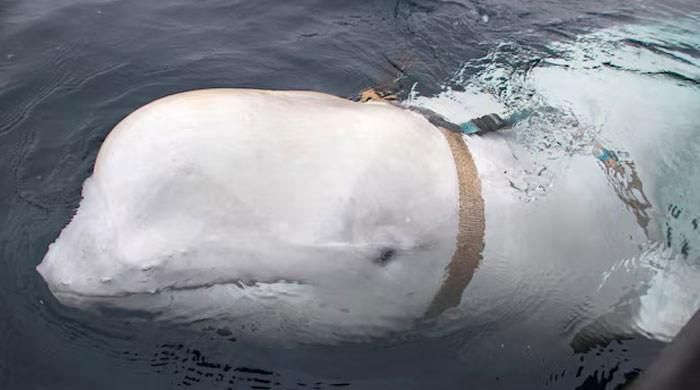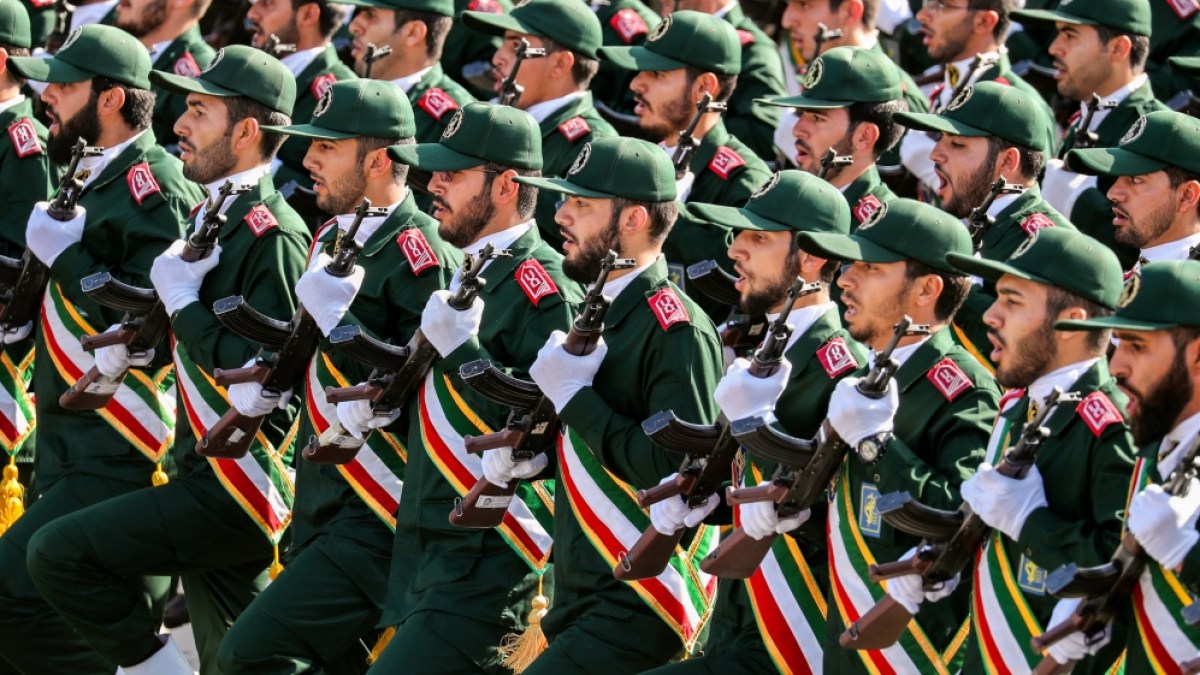A beluga whale suspected of having been trained as a spy by Russia was found dead off the coast of Risavika Bay in southern Norway on Saturday by a father and son who were fishing in the waters. The Independent reported citing Norwegian public radio NRK.
The whale was nicknamed Hvaldimir, a combination of the Norwegian word “hval,” meaning whale, and the first name of Russian President Vladimir Putin.
He was described as a spy in the West after being spotted in Norwegian waters five years ago with a GoPro camera attached to a harness marked “Team St Petersburg”.
Hvaldimir's body was found floating in Risavika Bay before being lifted out by crane and taken to a nearby port for investigation into the cause of his death.
“Unfortunately, we found Hvaldimir floating in the sea. He has passed away, but it is not immediately clear what the cause of death is,” said marine biologist Sebastian Strand. NRK.
Strand, who worked with Marine Mind, a non-governmental organisation (NGO), and monitored Hvaldimir's movement for the past three years, said the whale was in good condition as of Friday.
No major external injuries were seen on the animal and it was not immediately clear what caused its death, he added.
Hvaldimir's age, which was about 15 years, was relatively young for a beluga whale, which can live up to 60 years.
The animal was first spotted in April 2019 near the island of Ingoya in northern Norway, about 300 kilometres from Russia's maritime border.
It showed interest in people and responded to hand signals, leading Norway's intelligence agency to assume it had been held in captivity as part of a research program before arriving in Norwegian waters.
“Hvaldimir appeared to have arrived in Norway by crossing from Russian waters, where he was presumed to have been held captive,” Marine Mind said on its website.
Last May, the whale was spotted swimming off the coast of Sweden, some 2,000 kilometres to the south, after travelling several hundred kilometres.
Norwegian news site Barents Observer claimed to have used satellite images to identify whale cages near Russian naval bases in the northwestern region of Murmansk, implying that the country was training marine mammals such as dolphins and whales for military purposes.
However, Russia has never responded to the accusations.












